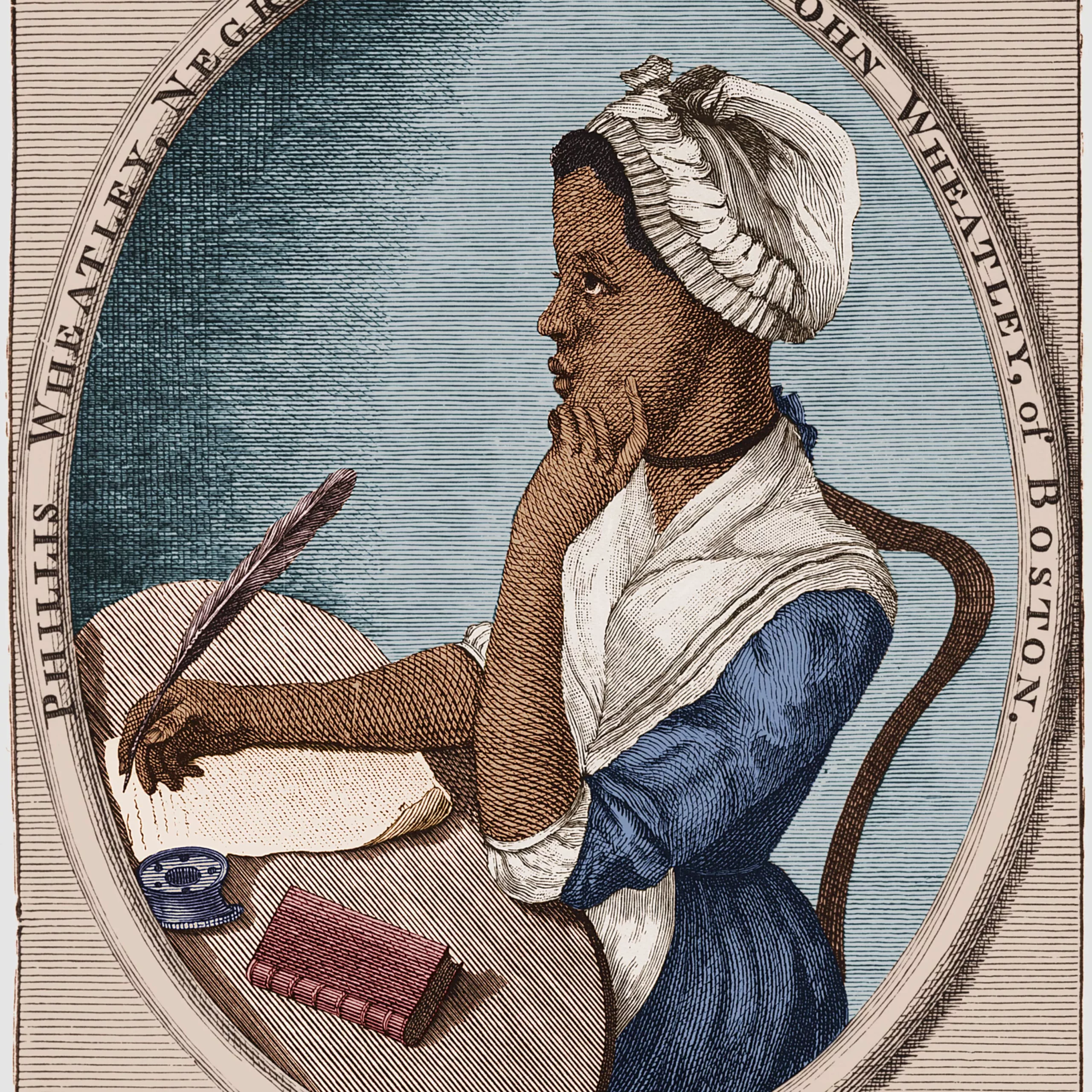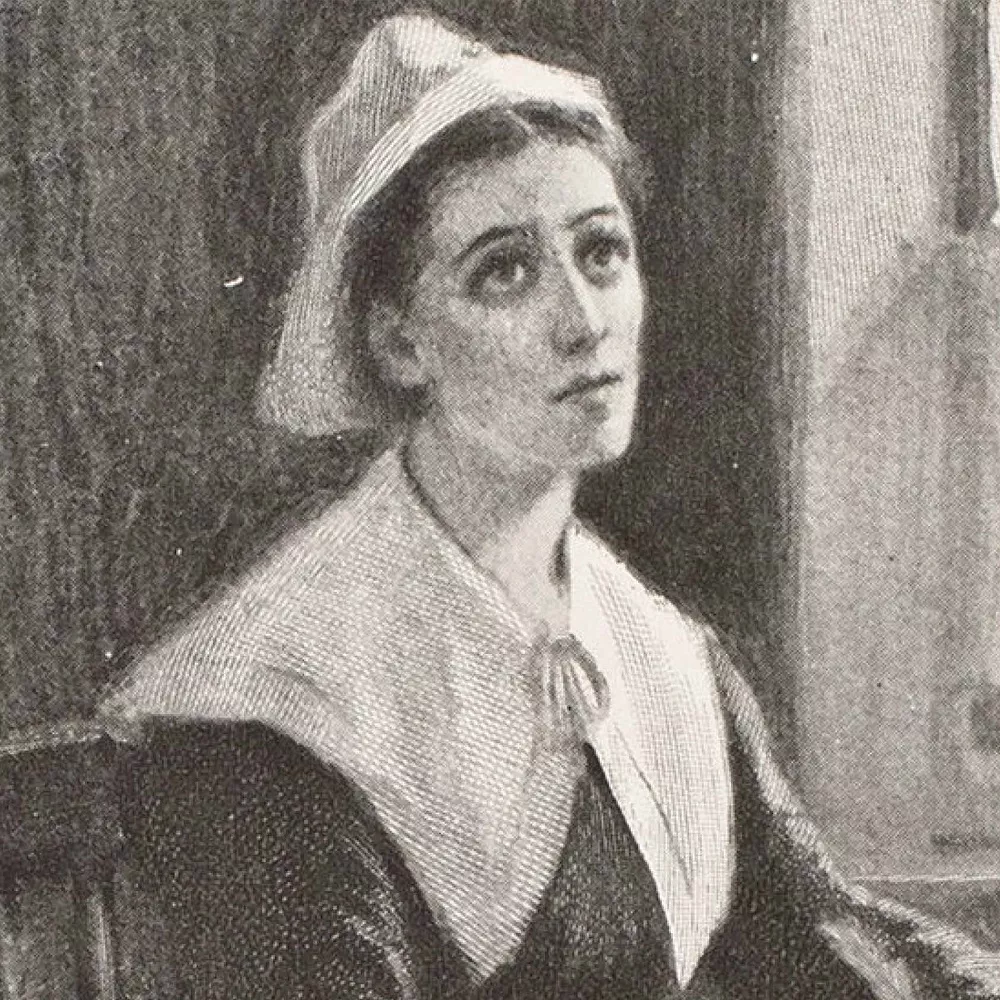
Anne Bradstreet
Anne Bradstreet (1612–1672) was a pioneering American poet and the first woman in the American colonies to have her work published. Living in a strict Puritan society, Bradstreet’s poetry delves into personal, familial, and spiritual themes. Her writings reflect the struggles and triumphs of a female poet navigating a predominantly male-dominated literary world, offering insights into 17th-century colonial life.
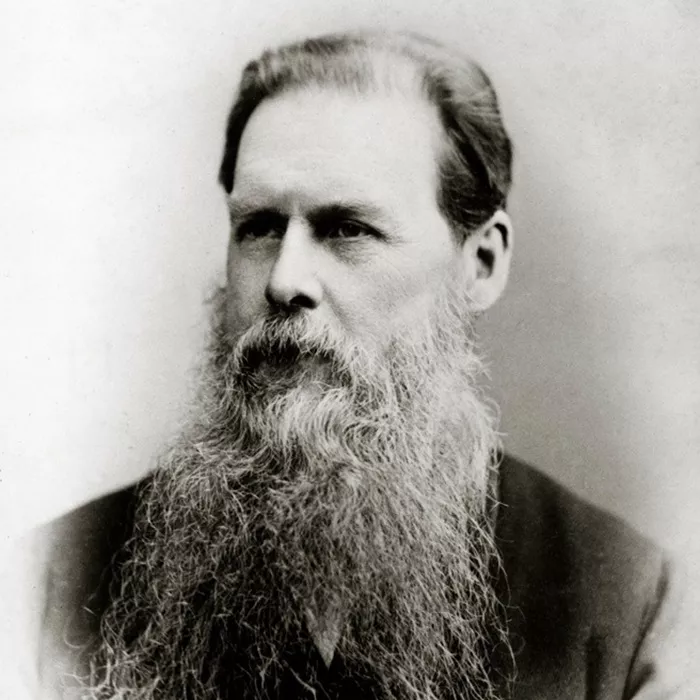
Edward Taylor
Edward Taylor (1642–1729) was a notable Puritan poet and minister whose work is deeply intertwined with his religious convictions. Arriving in the American colonies, Taylor crafted intricate and devotional poetry that explores themes of faith and spirituality. His verse provides a window into the religious and intellectual life of 17th-century New England, reflecting his complex relationship with Puritanism.
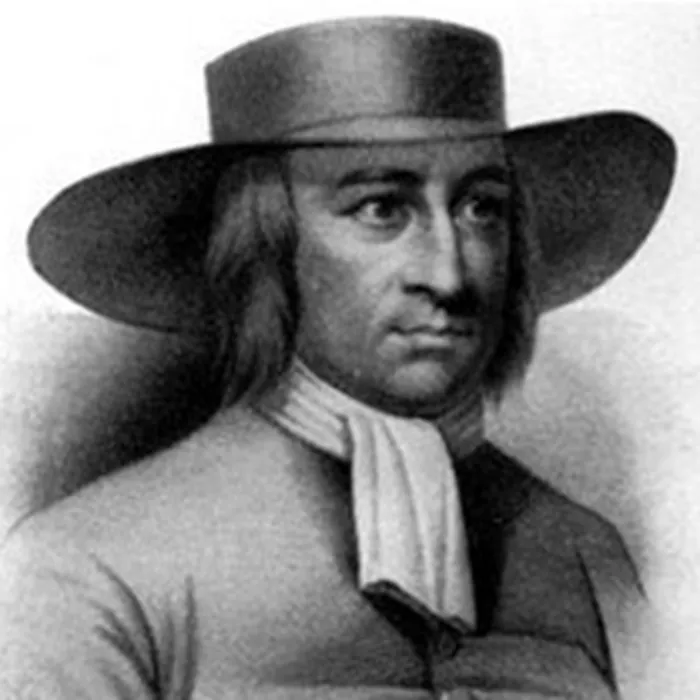
Michael Wigglesworth
Michael Wigglesworth (1631–1705) was a prominent Puritan poet and minister whose work vividly portrays the religious intensity of colonial New England. Immigrating from England, he became an influential figure in the religious life of the time. Wigglesworth’s poetry, characterized by dramatic imagery and fervent religious themes, offers a profound view of the Puritan worldview and its impact on early American literature.
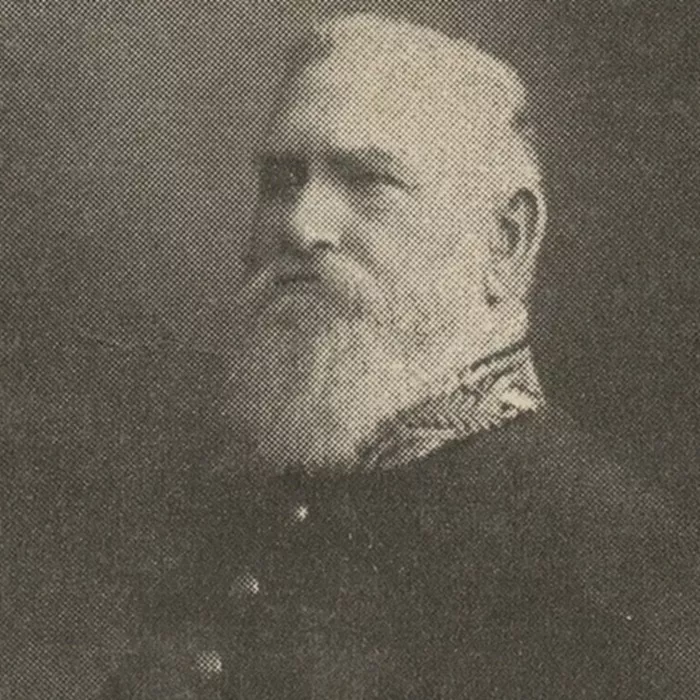
Ebenezer Cooke
Ebenezer Cooke (1667–1732) was an early American poet and satirist known for his critical and humorous commentary on colonial Maryland. His works reflect the social and economic conditions of the time, using satire to address the complexities and contradictions of colonial life. Cooke’s writing provides a distinctive perspective on the challenges faced by early American settlers through his keen observation and wit.
Phillis Wheatley
Phillis Wheatley (1753–1784) was an acclaimed African American poet and one of the first published Black poets in America. Born in West Africa and enslaved in the American colonies, Wheatley’s poetry reflects her experiences and the complexities of her identity as both an enslaved woman and a writer. Her work challenges contemporary social norms and offers a unique perspective on 18th-century American life.
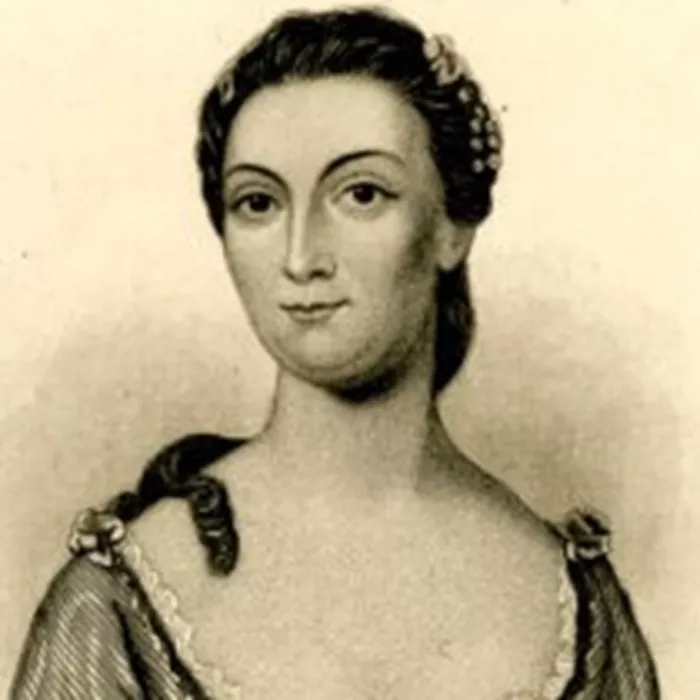
Hannah Griffitts
Hannah Griffitts (1727–1817) was an American poet known for her engagement with social and political issues of her time. A prominent figure in Philadelphia’s literary circles, Griffitts’ poetry often addressed themes of morality, education, and women’s rights. Her work reflects the intellectual and cultural milieu of late 18th-century America, showcasing her contributions to early American literature.
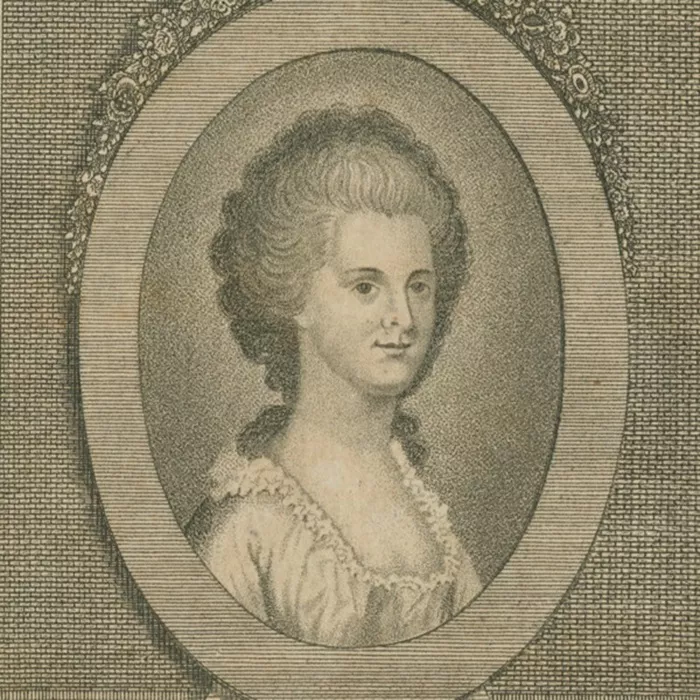
Ann Eliza Bleecker
Ann Eliza Bleecker (1752–1783) was an American poet and writer whose work provides a window into the life and struggles of a colonial woman. Living through the American Revolutionary War, Bleecker’s poetry reflects themes of personal loss, social upheaval, and resilience. Her writings offer a poignant exploration of the challenges faced by women in 18th-century America.
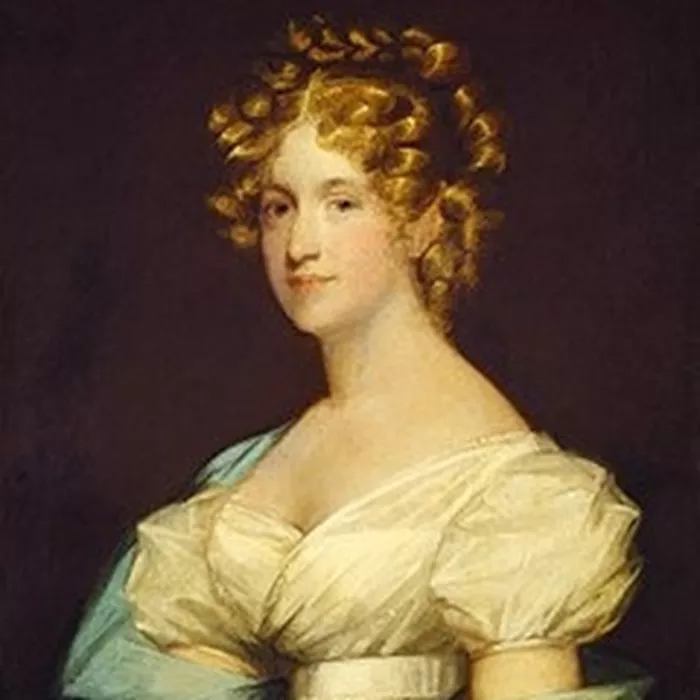
Sarah Wentworth Apthorp Morton
Sarah Wentworth Apthorp Morton (1759–1846) was an American poet and socialite who contributed significantly to early American literature. Her poetry often dealt with themes of love, loss, and the American Revolutionary War. Morton’s work, marked by its emotional depth and lyrical quality, reflects the cultural and intellectual concerns of late 18th and early 19th-century America.
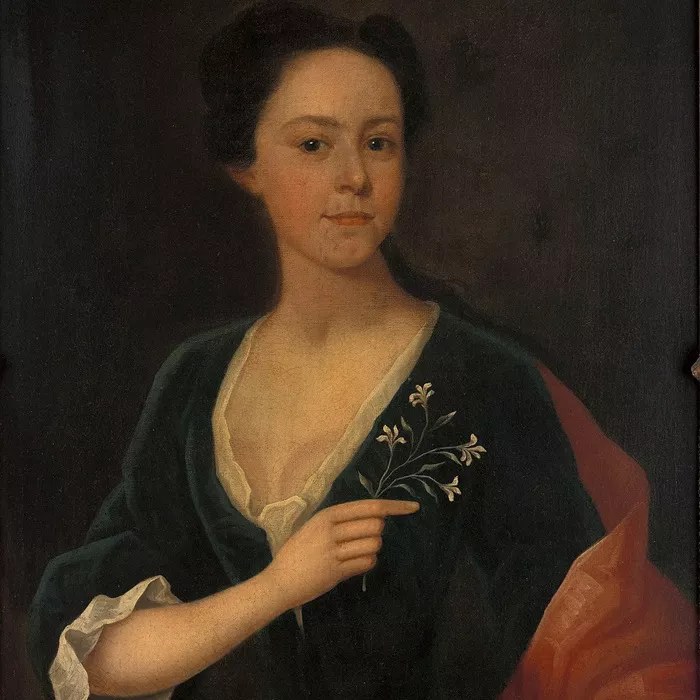
Annis Boudinot Stockton
Annis Boudinot Stockton (1736–1801) was a notable American poet and patriot whose writings capture the spirit of the Revolutionary War era. An influential figure in early American society, Stockton’s poetry often addressed themes of liberty, patriotism, and the role of women. Her work reflects the political and social dynamics of 18th-century America through a lens of personal and public concern.
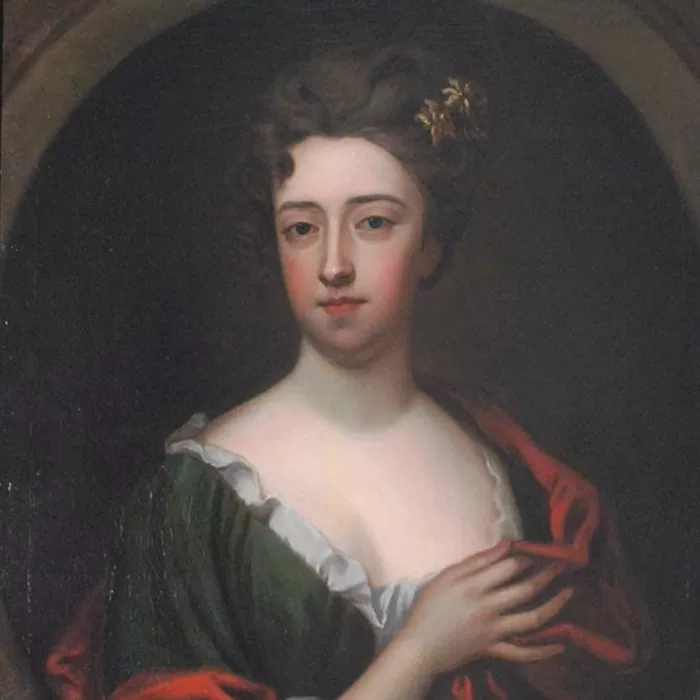
Elizabeth Graeme Fergusson
Elizabeth Graeme Fergusson (1737–1801) was an American poet and social figure known for her contributions to early American literature. Her poetry, often infused with themes of social critique and personal reflection, offers insights into the cultural and intellectual climate of 18th-century Philadelphia. Fergusson’s work highlights her engagement with contemporary issues and her role in shaping early American literary traditions.
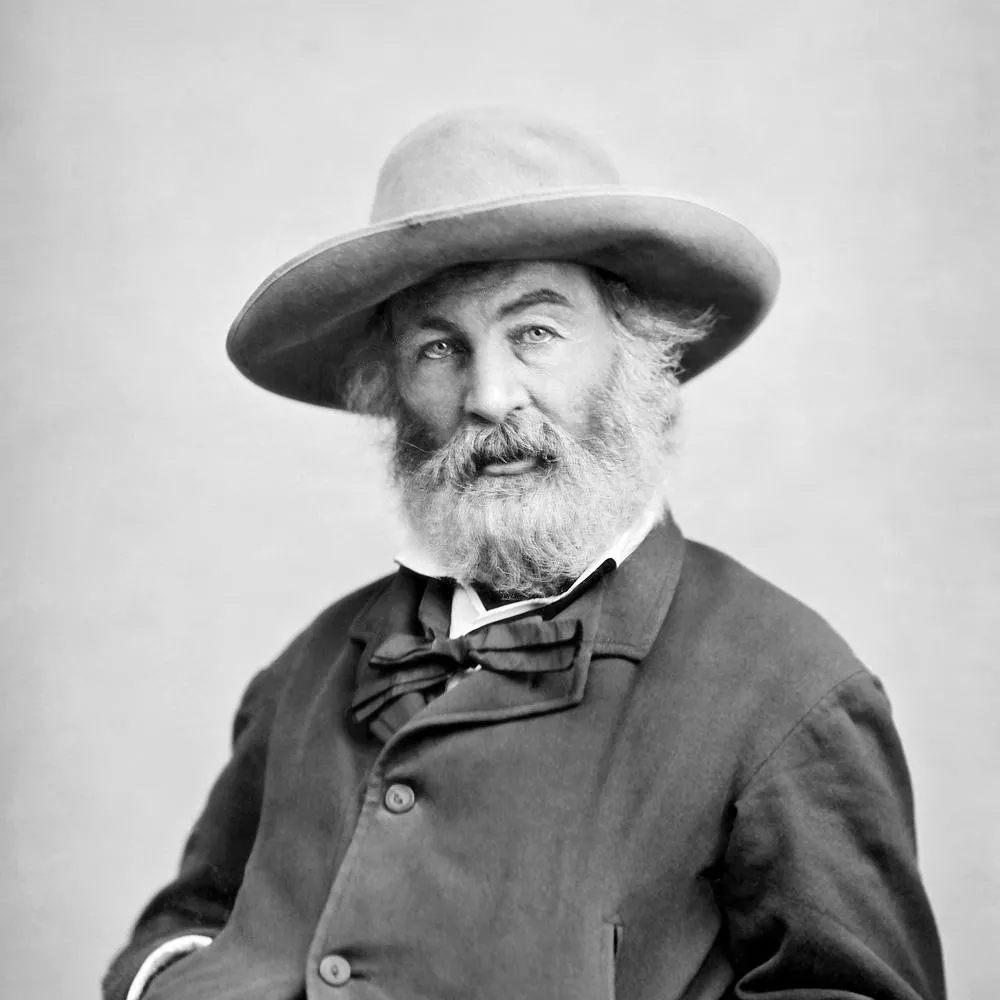
Walt Whitman
Walt Whitman (1819–1892) was a pioneering American poet whose innovative use of free verse and exploration of themes related to democracy, individualism, and nature transformed 19th-century American literature. Whitman’s poetry, marked by its expansive and inclusive style, reflects his profound belief in the interconnectedness of all people and the American experience. His work remains a cornerstone of American literary tradition.
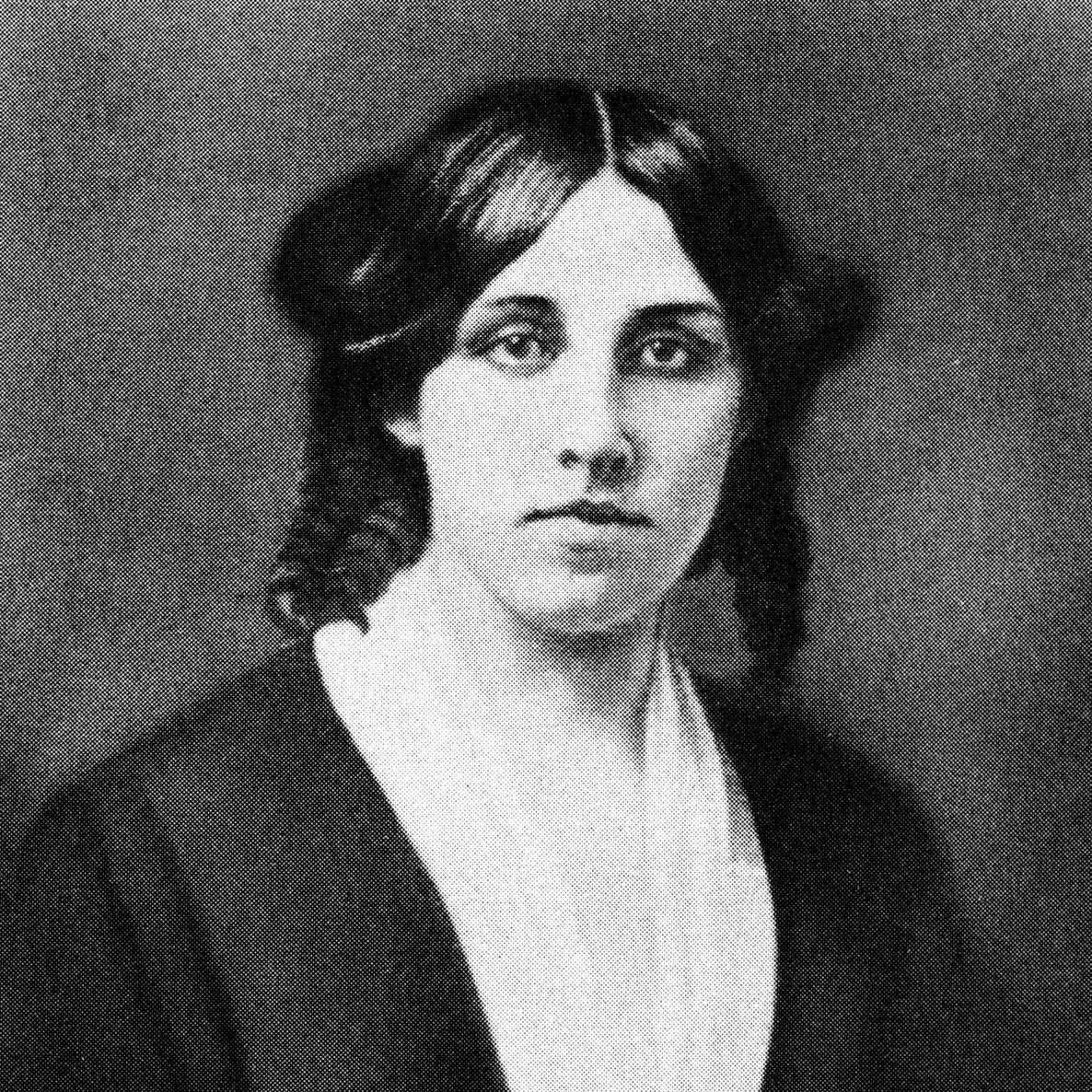
Louisa May Alcott
Louisa May Alcott (1832–1888) was an influential American writer and poet known for her contributions to literature during the 19th century. While best known for her novels, Alcott’s poetry also reflects her progressive views on social issues and her deep engagement with themes of domestic life and personal growth. Her work provides valuable insight into the cultural and social dynamics of her time.
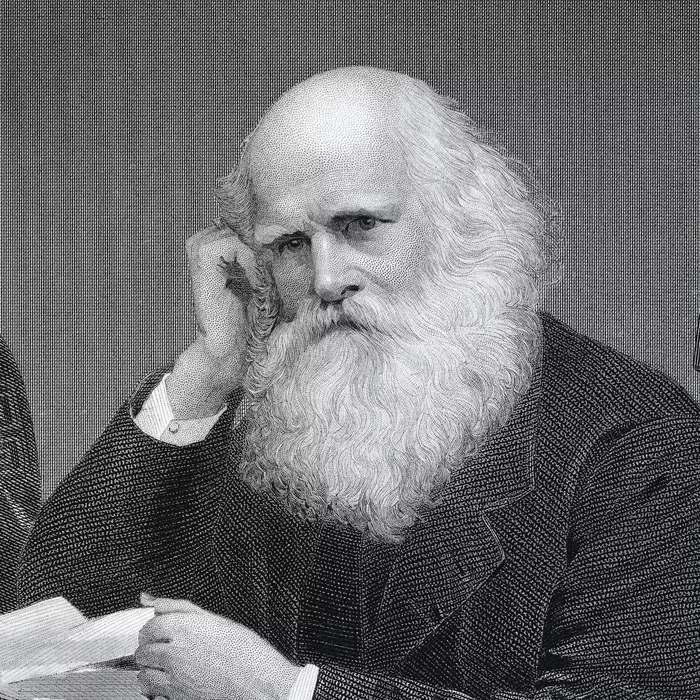
William Cullen Bryant
William Cullen Bryant (1794–1878) was a significant American poet and journalist whose work bridged the Romantic and transcendental movements. Bryant’s poetry, characterized by its lyrical beauty and engagement with themes of nature and humanism, reflects his deep appreciation for the American landscape and philosophical reflections. His contributions to literature also include his role in advancing American journalism.
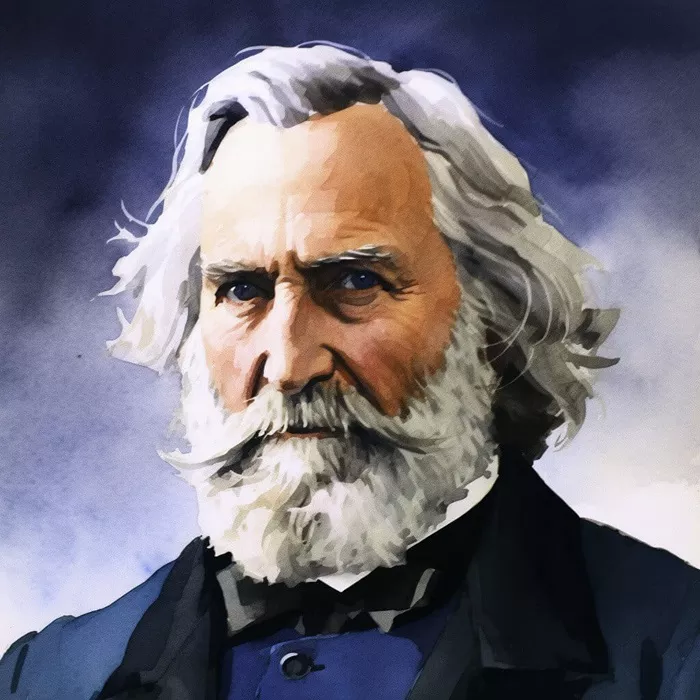
Henry Wadsworth Longfellow
Henry Wadsworth Longfellow (1807–1882) was a celebrated American poet and educator whose work had a profound impact on 19th-century literature. Known for his accessible style and exploration of American themes, Longfellow’s poetry often delved into historical, mythical, and domestic subjects. His influence extended beyond literature into American cultural and educational spheres, making him a prominent literary figure.
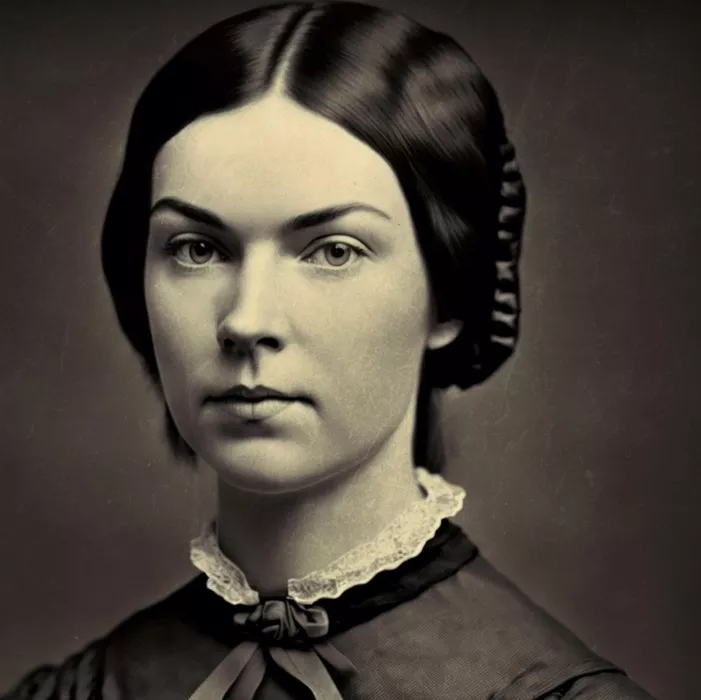
Emily Dickinson
Emily Dickinson (1830–1886) was an enigmatic American poet whose innovative use of form and language revolutionized 19th-century poetry. Her introspective and often unconventional verses explore themes of death, immortality, and the inner life, challenging traditional poetic conventions. Dickinson’s reclusive lifestyle and distinctive voice have made her one of the most studied and admired poets in American literature.
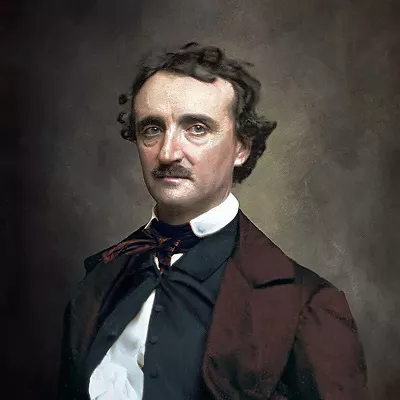
Edgar Allan Poe
Edgar Allan Poe (1809–1849) was a seminal American poet and writer known for his mastery of macabre and Gothic themes. His work, characterized by its dark and atmospheric qualities, explores the complexities of the human psyche and the nature of despair and mystery. Poe’s contributions to literature extend beyond poetry into the realms of short stories and literary criticism.
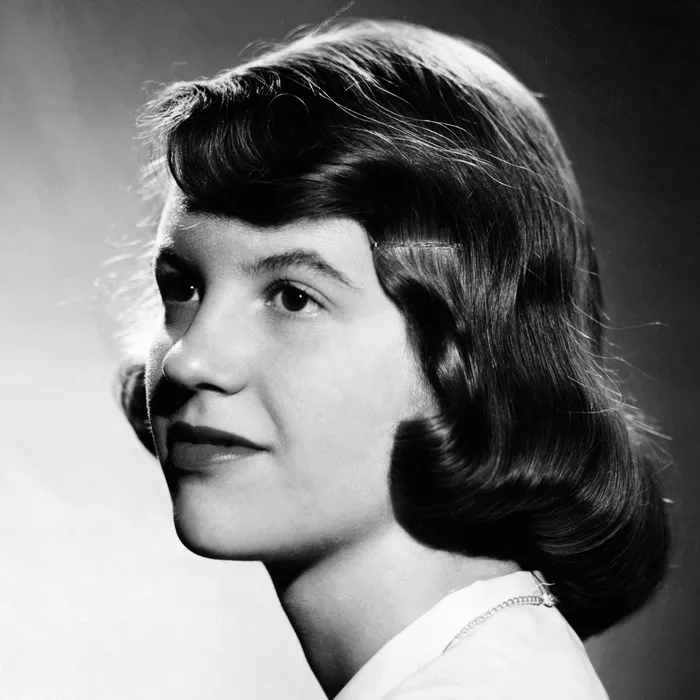
Sylvia Plath
Sylvia Plath (1932–1963) was an American poet and novelist renowned for her intense and introspective writing. Her poetry, often characterized by its emotional depth and exploration of personal struggle, reflects her experiences and psychological insights. Plath’s work delves into themes of identity, mental health, and the complexities of female experience, making her a pivotal figure in 20th-century literature.
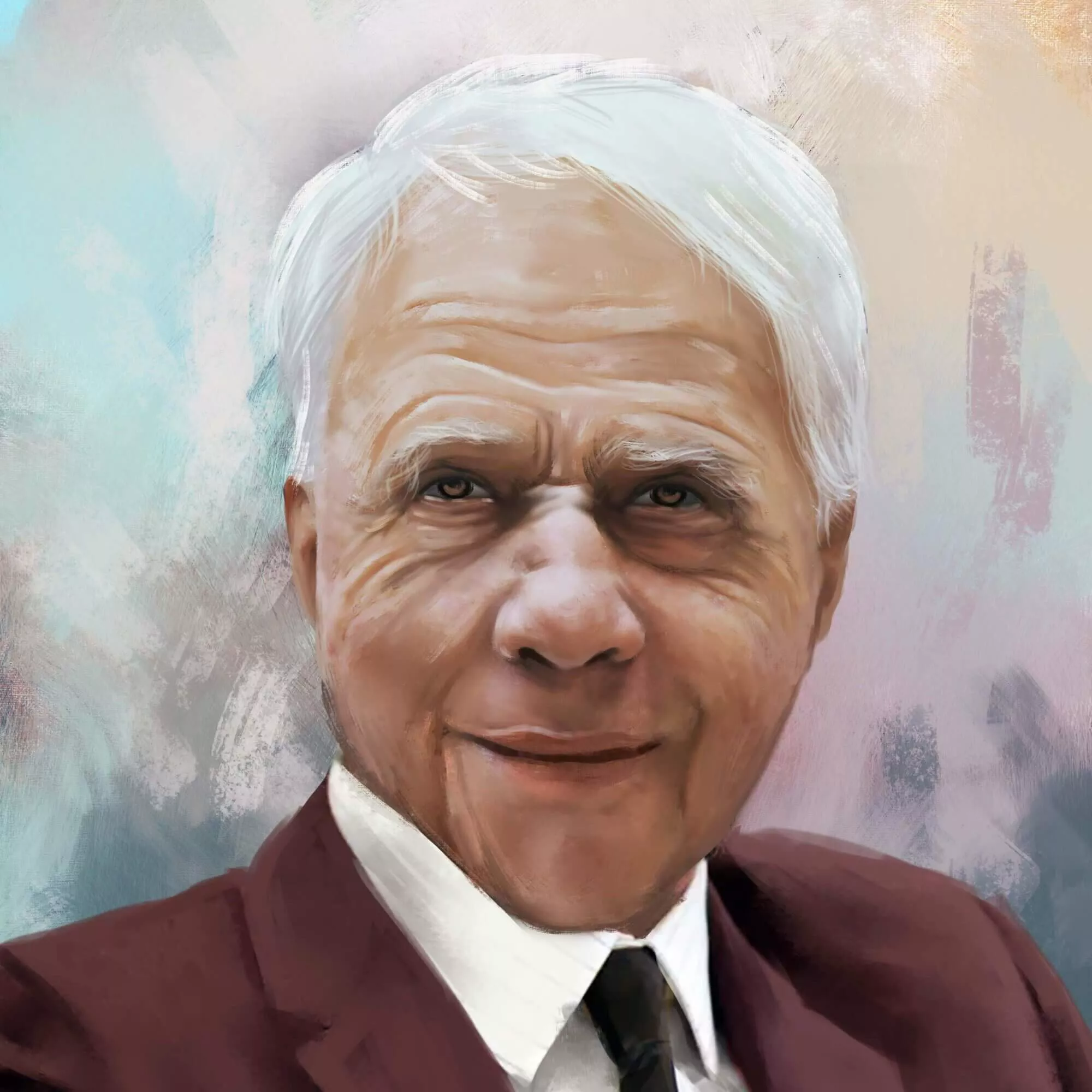
Robert Frost
Robert Frost (1874–1963) was a celebrated American poet known for his vivid depictions of rural New England life and his exploration of universal themes through everyday language. His work often intertwines nature and human experience, reflecting deep philosophical and emotional insights. Frost’s ability to convey profound ideas in accessible language secured his place as a key figure in American poetry.
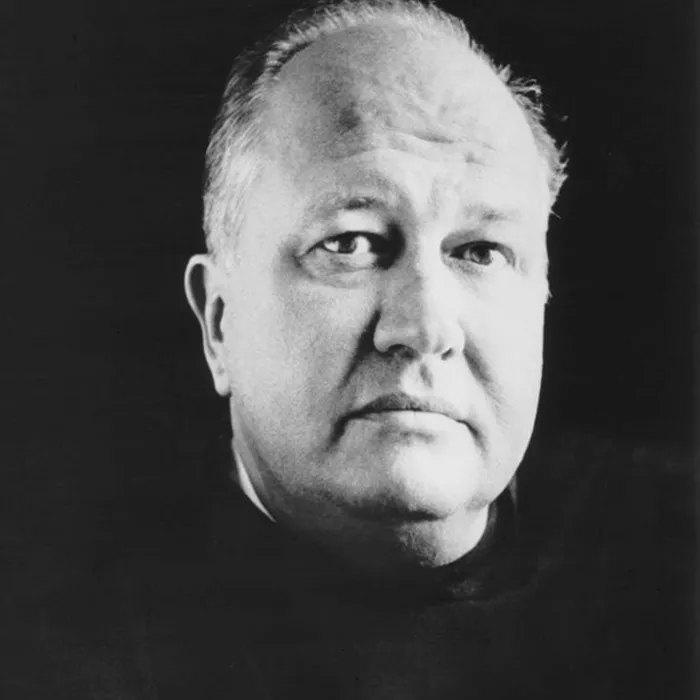
Theodore Roethke
Theodore Roethke (1908–1963) was an influential American poet whose work is known for its lyrical intensity and focus on nature and personal growth. Roethke’s innovative use of imagery and his exploration of the subconscious mind contribute to the rich tapestry of 20th-century American poetry. His poetry often reflects his experiences and struggles, resonating deeply with readers.
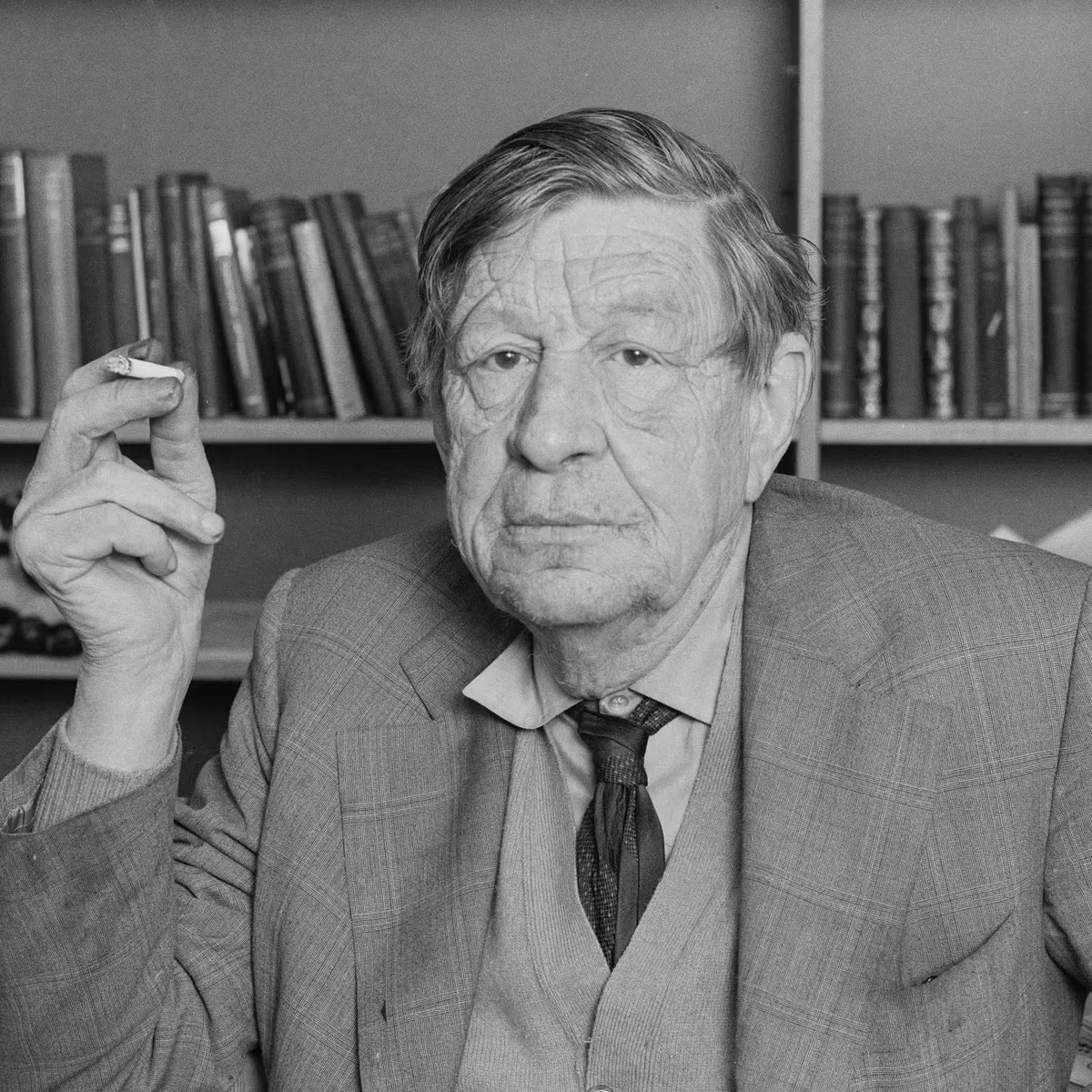
W. H. Auden
W. H. Auden (1907–1973) was a prominent English poet whose work spans a wide range of styles and themes. Known for his intellectual rigor and social consciousness, Auden’s poetry often engages with political, philosophical, and moral questions. His diverse body of work reflects his deep engagement with contemporary issues and his innovative use of form and language.
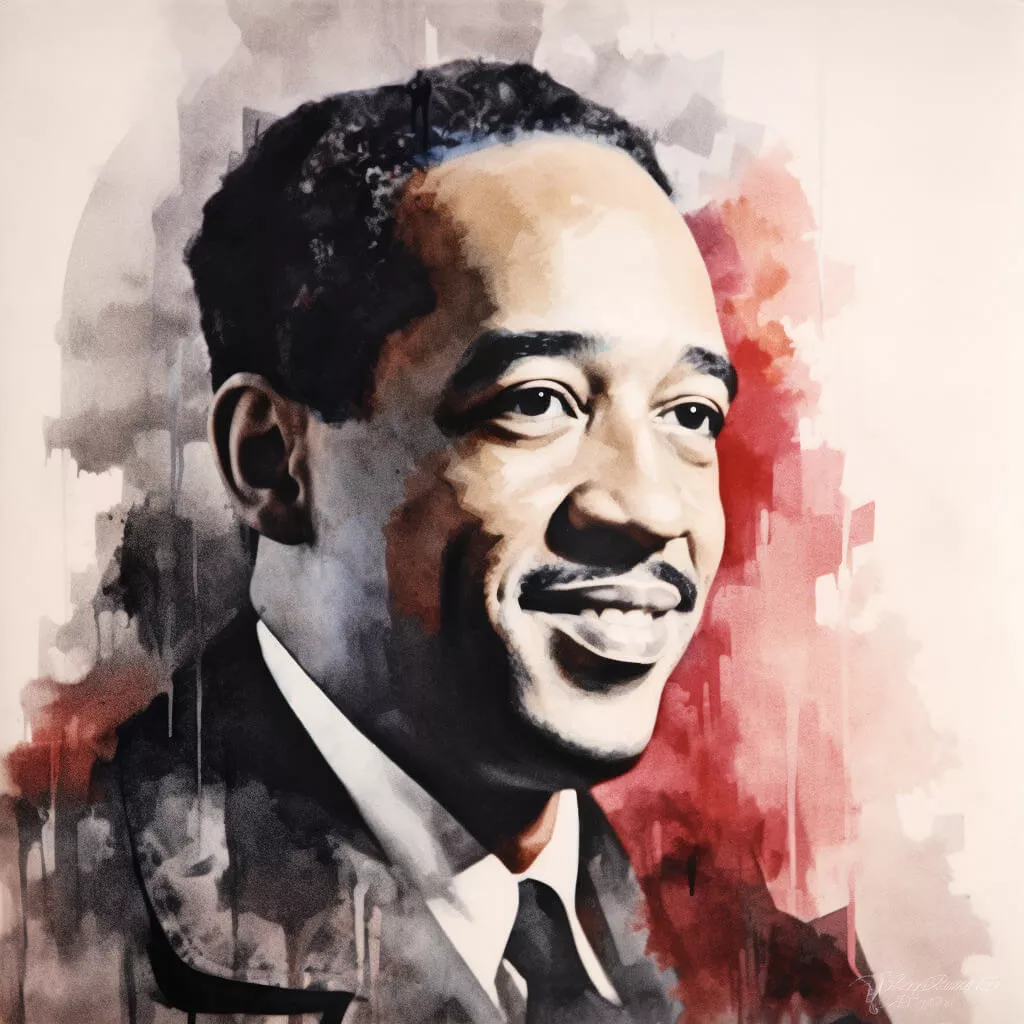
Langston Hughes
Langston Hughes (1901–1967) was a central figure in the Harlem Renaissance, celebrated for his vivid portrayal of African American life and culture. His poetry and prose capture the struggles and triumphs of Black Americans, reflecting his commitment to social justice and his exploration of identity and racial pride. Hughes’s work remains a significant influence on American literature.
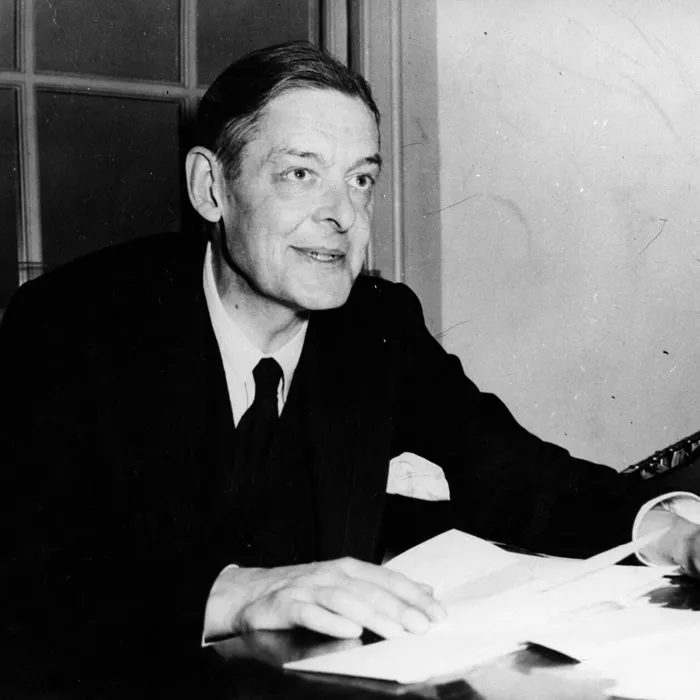
T. S. Eliot
T. S. Eliot (1888–1965) was a groundbreaking modernist poet and critic whose work reshaped 20th-century literature. His innovative use of form and structure, along with his exploration of fragmentation and disillusionment, marks a significant departure from traditional poetic conventions. Eliot’s profound impact on literature extends to his role as a critic and a key figure in modernist poetry.
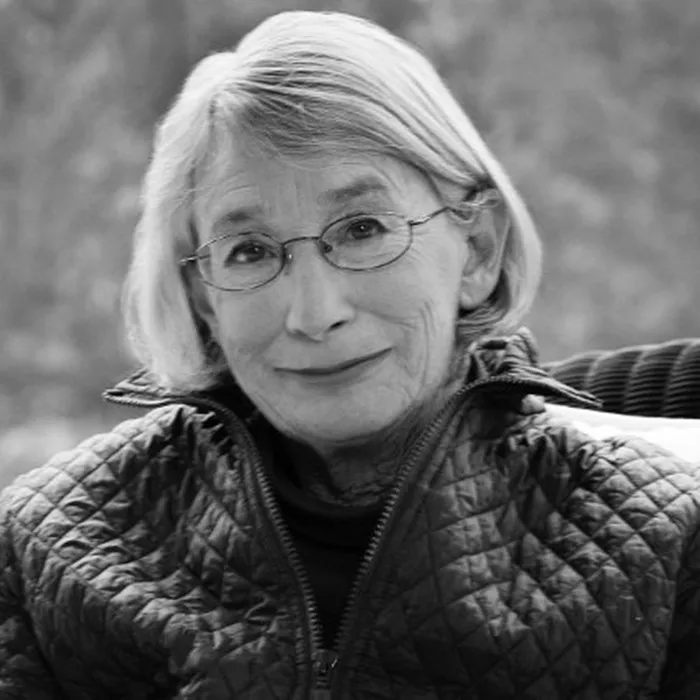
Mary Oliver
Mary Oliver (1935–2019) was an acclaimed American poet celebrated for her profound reflections on nature and human experience. Her evocative, accessible verse often draws inspiration from the natural world, capturing moments of beauty and introspection. Oliver’s work reflects a deep connection to the environment and an exploration of life’s deeper meanings, making her a beloved figure in contemporary poetry.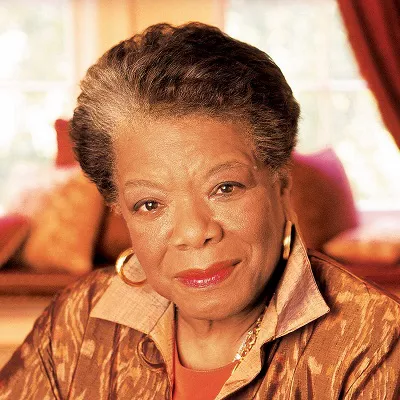
Maya Angelou
Maya Angelou (1928–2014) was a renowned American poet, memoirist, and civil rights activist known for her powerful and poignant writing. Her work addresses themes of identity, resilience, and social justice, reflecting her personal experiences and struggles. Angelou’s eloquent voice and unwavering commitment to social change have left a lasting impact on both literature and American culture.
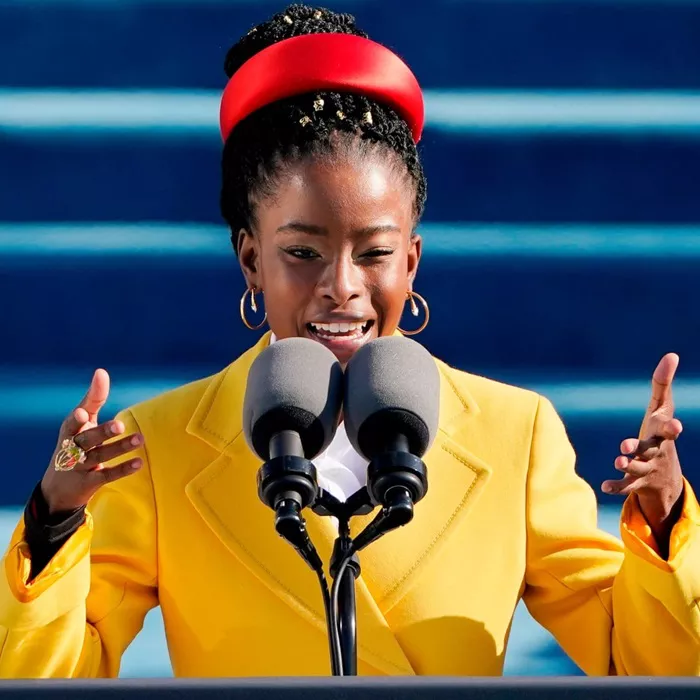
Amanda Gorman
Amanda Gorman (1998–) is a contemporary American poet and activist whose work blends lyrical prowess with social commentary. Emerging as a prominent voice in modern poetry, Gorman’s writing often addresses themes of race, identity, and empowerment. Her youthful perspective and engagement with pressing societal issues have made her a significant figure in contemporary literature and activism.
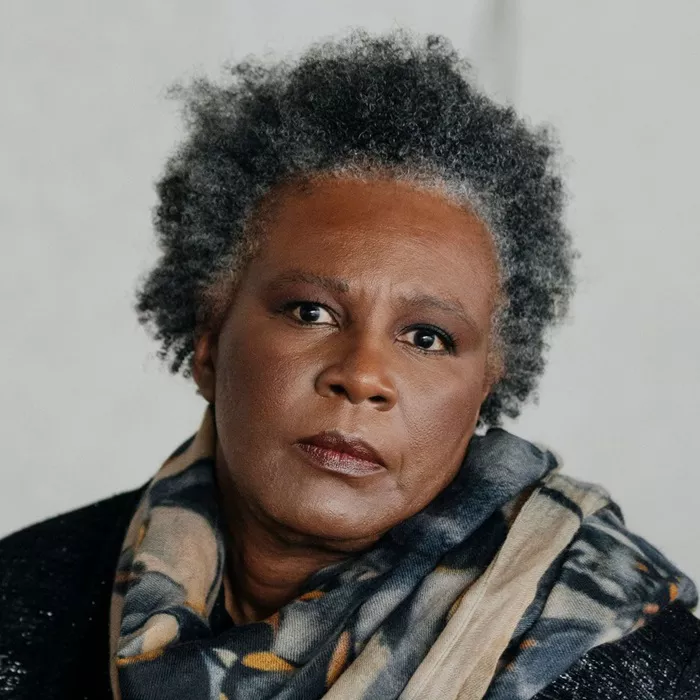
Claudia Rankine
Claudia Rankine (1963–) is a distinguished American poet and playwright known for her innovative and genre-blending approach to poetry. Her work often examines themes of race, identity, and social justice, using a mix of poetic forms and visual elements to address contemporary issues. Rankine’s contributions offer a critical perspective on societal challenges, reflecting her engagement with pressing cultural conversations.

Ocean Vuong
Ocean Vuong (1988–) is a contemporary American poet acclaimed for his evocative and deeply personal verse. His poetry often explores themes of identity, love, and trauma through a lyrical and fragmented style. Vuong’s work reflects his experiences as a Vietnamese American and his engagement with issues of memory, loss, and belonging, establishing him as a significant voice in modern poetry.

Kaveh Akbar
Kaveh Akbar (1989–) is a notable contemporary American poet whose work is celebrated for its rich imagery and exploration of themes such as addiction, recovery, and spirituality. His poetry often delves into personal and cultural identity, using evocative language to address complex emotional landscapes. Akbar’s innovative approach and poignant reflections have garnered significant attention in modern literary circles.

